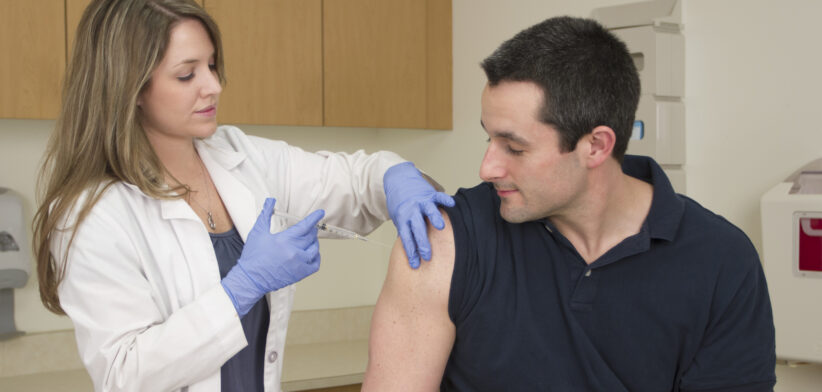A new report has called for the Federal Government to crack down on workers being required to consent to blood tests as part of applying for a job.
The Australia Institute’s Centre for Future Work says a proposed overhaul of privacy laws does not go far enough to stop employers demanding “invasive” medical tests from prospective employees.
It said this practice was particularly common in the mining industry.
“No worker should have to choose between a blood test and a job,” the centre’s Senior Researcher Lisa Heap said.
“Employers should not be able to routinely demand sensitive medical information from workers.
“They must be required to prove there is a genuine need for this information and it should only be sought as a last resort.”
Dr Heap said the blood test requirement was not limited to the mining industry. The research found the practice happening across “all industries and for all jobs”.
The report No blood – No job, released today, said workers in the mining and resources sector were told they needed to provide blood samples to assess cardiovascular risk and meet undefined “legal obligations” to be considered for work.
“In one instance, a worker was required to undergo a blood test when transferring between companies even though they would be doing the same job at the same location,” the report said.
“After undergoing initial blood tests, one man was required to undergo further testing at his own cost.
“Workers were asked to sign consent forms that placed no restrictions on the use of the information provided to the company.”
The report said, while information provided to a prospective employer was covered by the Privacy Act, employee records were not.
It said the proposed “fair and reasonable” test for the collection, use and disposal of sensitive personal information should be expanded to give workers and their representatives a role in determining what employers could ask for and how it is used.
“The government’s proposed Privacy Act reforms are a positive start, but do not go far enough to give workers genuine control over their sensitive personal information,” Dr Heap said.
“There needs to be limits on the kinds of sensitive information employers and other organisations can collect. Workers and their representatives should have a say in what employers can ask for and how it is used.”
The full report is on the Australia Institute website








